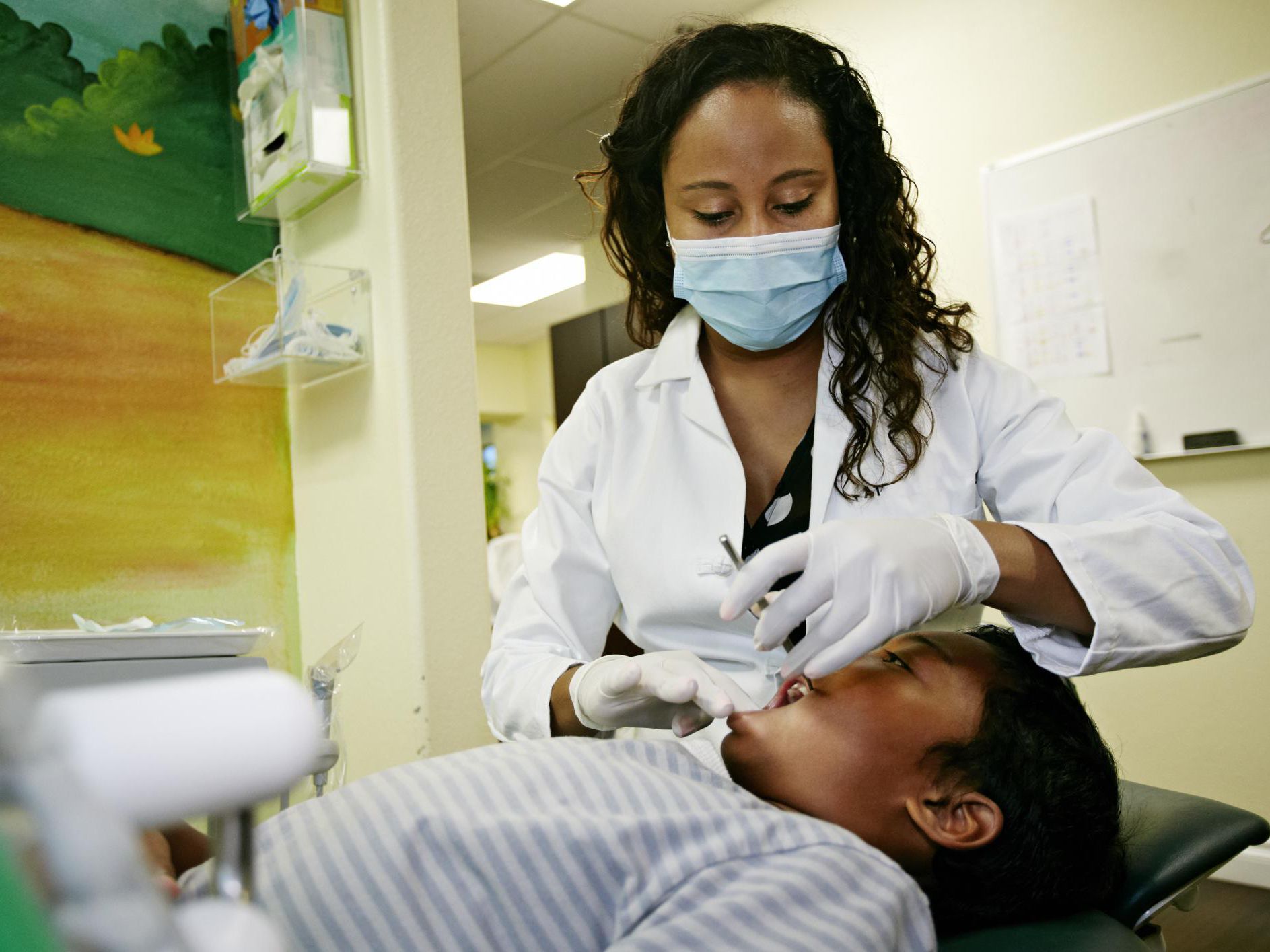(ThyBlackMan.com) When one thinks of a career in healthcare, one often thinks of all the training and education that goes into these positions. For example, to become a doctor, you have to go through about 12 years of schooling, plus a few years of residency. This can make entering a healthcare career seem like a daunting task. However, there are plenty of career options within healthcare that don’t require nearly as much training. By entering into one of these careers, you can begin your journey faster and slowly progress your career to one of those other positions over time, if you desire. Below are some great options to consider if you want to start a career in healthcare.
Medical Receptionist
A medical receptionist is the person who interacts with patients inside a healthcare facility. You’ll typically find medical receptionists in places like doctors’ offices or clinics. These receptionists help patients fill out paperwork, schedule appointments, and answer any questions they may have. By becoming a medical receptionist, you gain more experience in how a medical facility operates and can learn more about other healthcare positions. To become a medical receptionist, you could take a medical receptionist course or seek an associate degree. These positions typically don’t need a lot of experience but having some experience with customer service can help.
Radiographer
A radiographer performs procedures related to medical imaging. Most commonly, they assist patients when they need to go through procedures like x-rays. A radiographer knows how to operate and maintain the equipment, all while ensuring that patients and coworkers remain safe from the radiation. To become a radiographer, you can seek an associate’s degree in radiography. This program typically takes about two years, which is far shorter than the length for some other medical professionals. Once you become a radiographer you’ll have the opportunity to interact with patients, work in a medical setting and get a deeper sense of the healthcare industry.
Dental Hygienist
A dental hygienist is a licensed dental professional who assists dentists and interacts with patients. Some common responsibilities for dental hygienists are to assess the oral health of patients and to take dental radiographs so that the dentist can perform a more accurate diagnosis of any issues. To become a dental hygienist, you need an associate’s degree in dental hygiene. After that, you’ll need to receive a license, the requirements for which vary depending on the state you live in. If you have an interest in working as a dentist, working as a dental hygienist is often a great way to learn more about the position before you dedicate too much time and resources towards that pursuit.

Home Health Aides
A home health aide assists people who live independently and need a little extra help. Commonly, home health aides, or those with a Philadelphia caregiver job, will work with the elderly or people with disabilities. They may perform basic functions like helping them cook, bathe or dress. Home health aides also serve the vital function of simply keeping the person company and giving them someone to interact with throughout the day. One of the benefits of becoming a home health aide is that you don’t need a lot of experience or additional education. Some employers are happy to hire people with only a high school diploma, however, in some cases, you may need to pass a certification course. Regardless, working as a home health aide is a great option if you want to quickly start a career in which you get to assist people.
Genetic Counselors
A genetic counselor is a healthcare professional who provides people with information about how their genetic makeup may affect them. For example, a genetic counselor may discuss any genetic conditions that run in your family and how they may impact any future children you wish to have. They can also discuss with patients how heredity conditions may affect them in the future, such as disorders like Huntington’s disease.
Genetic counselors help people make the best possible preparations for the future by giving them deeper insight into their genetic makeup. Becoming a genetic counselor takes a little more education than other items on this list, as you’ll likely need at least a bachelor’s degree. However, this is only a four-year program, which is still much shorter than other medical professions.
Get Started on Your New Healthcare Career
Beyond these specific roles, the broader job market offers numerous pathways for individuals seeking to make an impact without traditional long-term commitments. Platforms that specialize in connecting talent with diverse opportunities across healthcare, technology, and skilled trades can be invaluable resources. These services often provide comprehensive support, from initial onboarding to ongoing career development, ensuring a seamless transition into a fulfilling role. For those ready to explore a wide array of flexible and rewarding positions, a dedicated partner like Prolink can help navigate the complexities of the modern job landscape.
As you can see, there are plenty of career options in healthcare to choose from. You don’t have to spend over a decade training just to enter into this industry. Instead, you can get started on it now and have a solid career going in just a short amount of time. Hopefully, this article opened your eyes to the possibilities and you’ll be able to start an exciting new journey.
Staff Writer; Gary Brown

















Leave a Reply